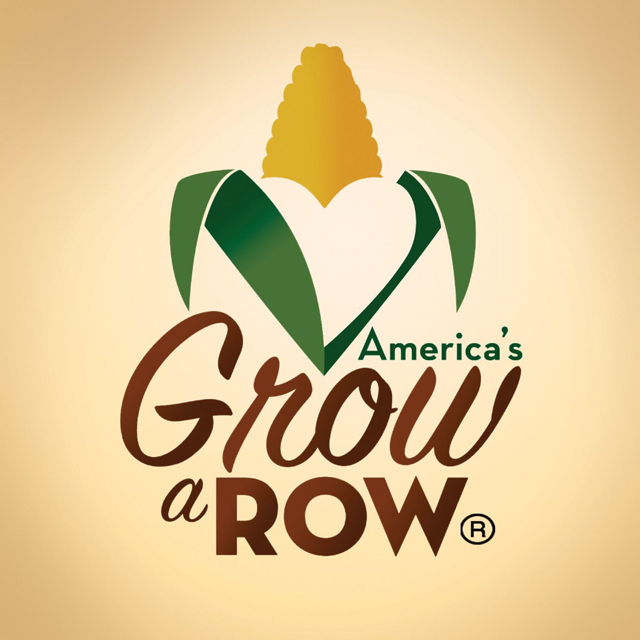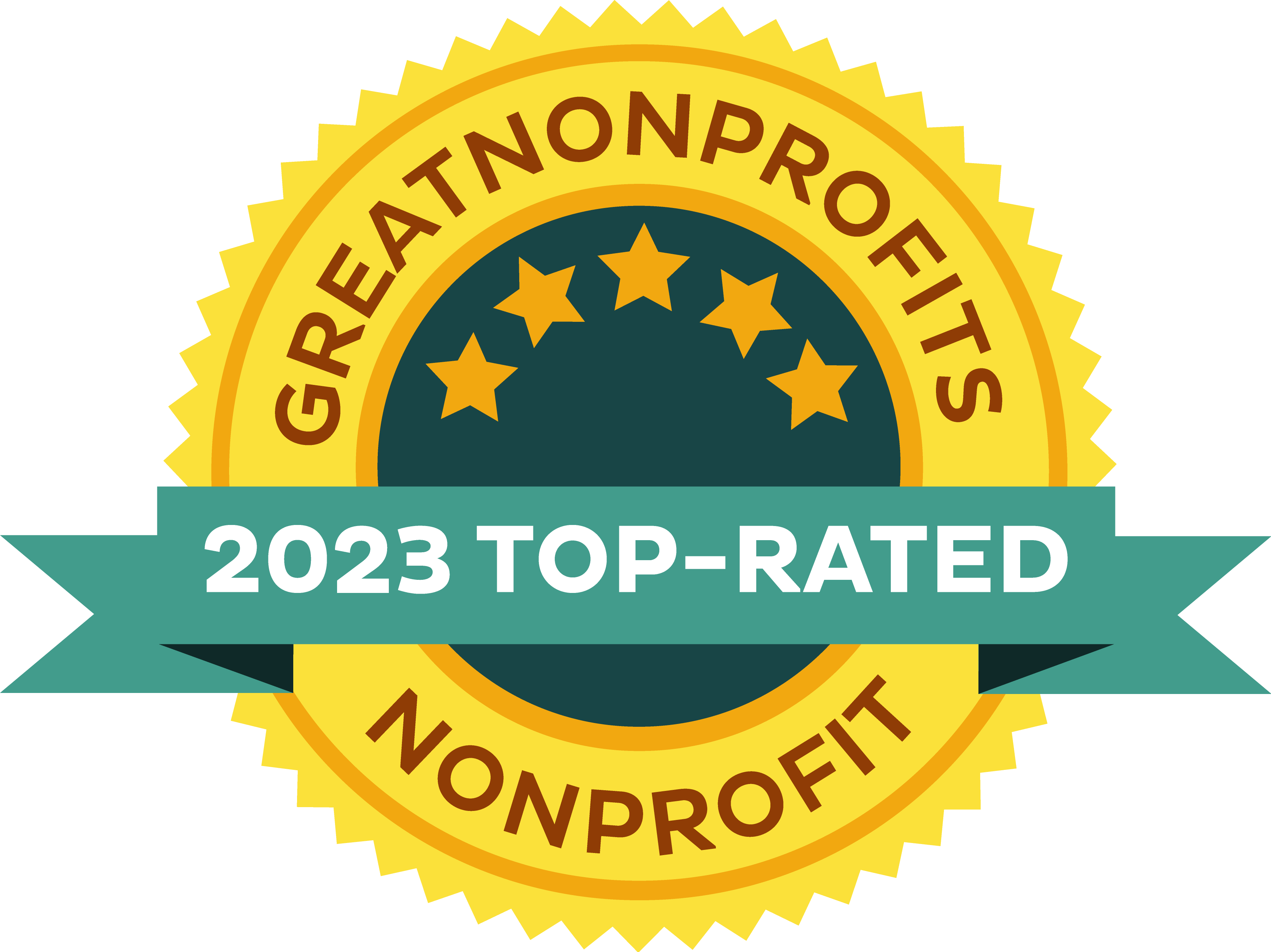Interfaith forum examines solutions to food scarcity
January 28, 2015
With hunger the topic of the evening, organizers of the annual Women’s Interfaith Forum at Temple B’nai Abraham said they briefly considered not having the usual generous buffet. “But, no — that wasn’t going to happen,” declared Lisa Reisboard, chair of the social action committee, which cosponsored the event with the synagogue’s sisterhood.
After all, at its core, the event is about fellowship, and a crucial part of that has been breaking bread together. Started in 1994, the annual event was financed with a grant from the Dr. Martin Luther King Jr. Foundation, as a way to honor King’s memory and bring together people of different backgrounds to tackle issues of concern.
The 21st forum, held on Jan. 21, was titled “Bridging the Hunger Gap: Presenting Innovative Ways to Address Hunger in our Community.” Around 140 people came, and while most were TBA members, the crowd included people from 10 other Jewish and Christian congregations, some of them regulars who have come year after year.
Diane Riley, director of advocacy of theCommunity FoodBank of New Jersey, provided the context: “Though the economy is said to be getting better, we have had more and more people coming to us for help,” she said. That, according to Reisboard, is what motivated TBA to choose the topic.
Introducing the panelists, she said, “Our topics need to be timely and relevant, and to inspire our audience to make a difference.”
The discussion was moderated by Assemblywoman Mila Jasey (D-Dist. 27). She called on attendees to educate friends, fellow congregants, and — perhaps most of all — legislators, to make them understand the importance of supporting policies and programs that alleviate poverty and help those dealing with hunger.
That was the focus of all three presentations. Riley said, “This is a rich country; why are people hungry?” The number of people fed by the FoodBank has doubled in the past 10 years, she said, and New Jersey is one of three states in the country where poverty rose last year. “Half of the people needing food assistance are working but don’t make enough to feed themselves,” she said.
With her on the panel were Chip Paillex, founder and president of America’s Grow-a-Row, and Megan Sweet, nutrition education program coordinator for the Greater Newark Conservancy.
Paillex described how he went from starting a garden as a father-daughter project nine years ago, to running an agricultural project, staffed by 4,000 volunteers, that last year produced 1.2 million pounds of fresh produce, for food pantries and feeding programs.
“This is not just a nice thing to do; it’s a necessity,” he said. “Cultivate our youth to be a more giving generation and to understand the joy of giving to someone else.”
Sweet described how the Newark Conservancy has grown to have 21 community gardens and two urban farms, in addition to its education programs, whose goal, she said, is “cooperative learning, with a hands-on connection to where your food comes from.”
The vegetarian dinner, prepared by the sisterhood members, was lavish and much appreciated. “I bring the same dish every year; I have to or people complain,” one woman said with a big smile, and nods of agreement from some of those helping themselves to the food.
As always at such events, there was a lot left over, but true to the message of the evening, it wasn’t going to waste. It was being donated to Livingston CHOW (Combating Hunger Outreach Warehouse), an interfaith project of the Livingston Clergy Association run by Sister Barbara Howard. The project accepts prepared foods within a 24-hour period. Added to that were the nonperishable foods donated by the attendees, and cash collected at each table.







